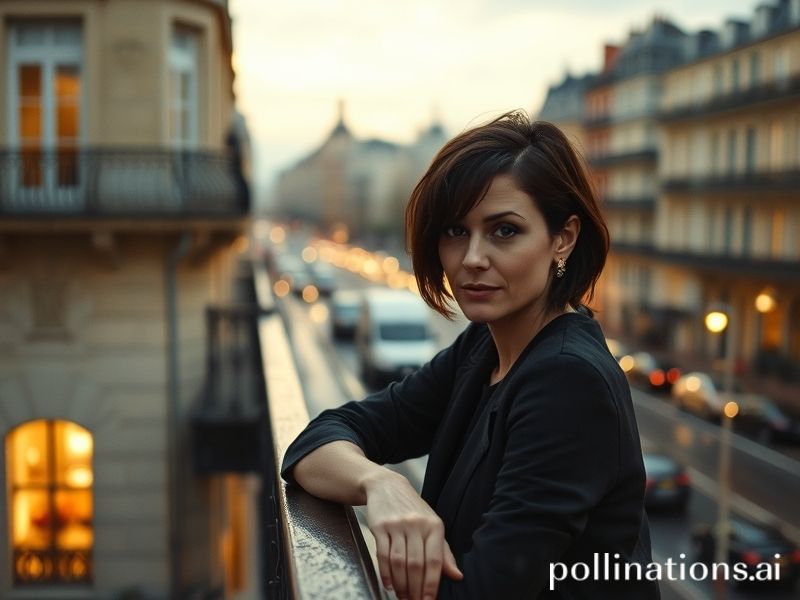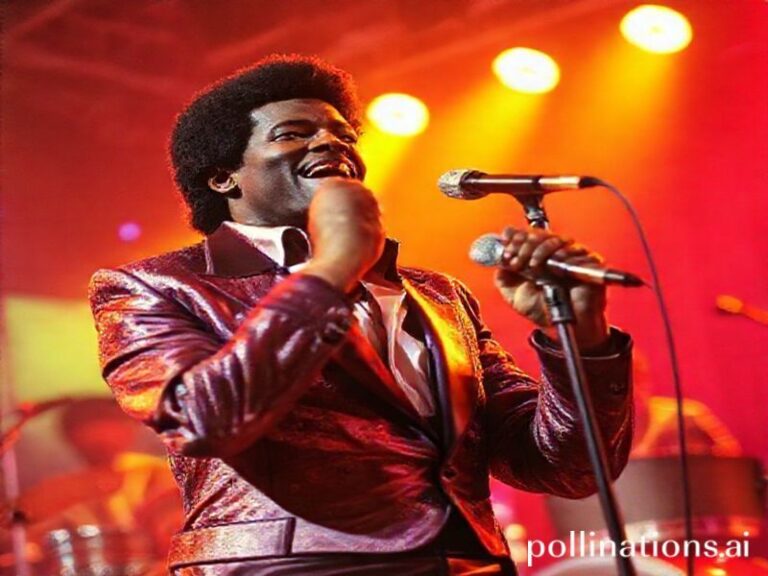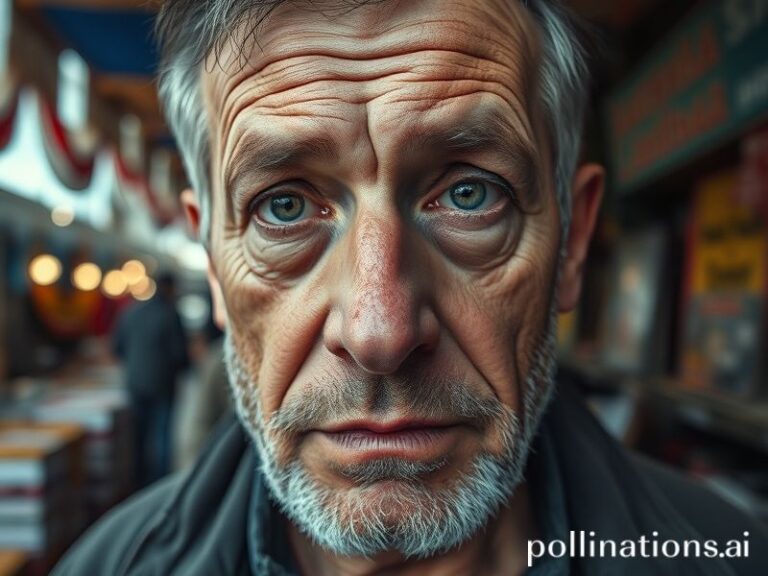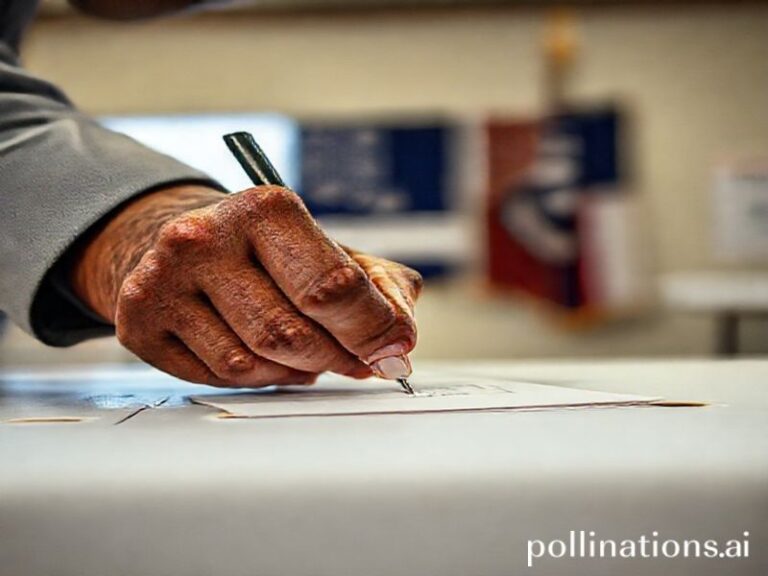Marion Cotillard: France’s Last Glamorous Weapon in a World Running Out of Soft Power
PARIS—Somewhere between the Seine and the existential dread that keeps Europe awake at night, Marion Cotillard keeps winning. Not just Oscars and Césars and every other golden doorstop the film industry hands out to reassure itself it still matters, but the larger, messier lottery of relevance. While other actors age into cameos on streaming shows nobody watches sober, Cotillard has somehow become France’s last soft-power warhead: a quietly nuclear option deployed whenever the republic needs to remind the world it once invented both cinema and cigarettes.
Global audiences first noticed her as Edith Piaf in La Vie en Rose, a performance so ferocious it made viewers momentarily forget they were watching a woman lip-sync to a dead chanteuse. Americans, who generally treat subtitles like unexploded ordnance, gave her an Academy Award anyway—proof that even a superpower in decline can still recognize talent when Netflix algorithms spoon-feed it to them. The win turned Cotillard into an unofficial cultural ambassador, the kind diplomats bring to state dinners when they want to look artsy but not so artsy they’ll lecture you about Sartre over the foie gras.
Since then she’s hopscotched continents and genres with the insouciance of someone who knows the planet is basically a film set with worse catering. In Hollywood she plays guilt-ridden wives, morally compromised scientists, and—most daring of all—Europeans who refuse to speak English unless contractually obligated. In France she toggles between auteur mood pieces and box-office sedatives, each release greeted by critics as either a revelation or a cry for help. Meanwhile, Chinese streaming platforms pay astronomical sums for her lesser works, because nothing says “communist party-approved content” like a Gallic brunette staring mournfully at the Atlantic.
The broader significance? Cotillard’s career is a case study in how culture gets weaponized in the 21st century. When Emmanuel Macron needs to distract from pension riots, he invites her to the Élysée Palace for a photo op; when Hollywood needs to class up a comic-book franchise, she’s the European accent standing next to the exploding CGI. Even Greenpeace once borrowed her fame to protest Arctic drilling—proof that environmental despair now requires celebrity narration before anyone will click “share.” In a world where nations increasingly export influence via K-dramas and K-pop, France counters with a single Oscar-winning actress who can look luminous while discussing coral bleaching. It’s soft power wearing haute couture, and it somehow still works.
Of course, the joke is on all of us: while we obsess over her cheekbones and eco-activism, the planet she’s trying to save keeps sliding toward the cosmic drain. Climate models grow grimmer, democracies wobble like drunk tightrope walkers, and yet here we are, comforted by the sight of a Frenchwoman crying on cue about melting glaciers. There’s something almost medieval in the transaction—we toss coins (or streaming subscriptions) at the beautiful illusion, hoping it will absolve us of the uglier reality. Call it the Cotillard Indulgence: buy a ticket, plant a tree, feel better about booking that budget flight to Mykonos.
Still, give her this: in an age when most screen idols sell protein shakes or NFT apes, she’s selling angst with a carbon footprint spreadsheet attached. That’s a hell of a niche. And if the oceans rise high enough to swallow Cannes, future archaeologists will probably find a waterproof server farm containing La Vie en Rose, still buffering, still devastating, proof that at least one human managed to make art while Rome burned—provided Rome had decent tax incentives for film production.
So raise a glass of overpriced Bordeaux to Marion Cotillard, the last French export that still terrifies Hollywood accountants and delights Beijing censors in equal measure. She may not save the world, but she’ll look ethereally conflicted while the credits roll.







